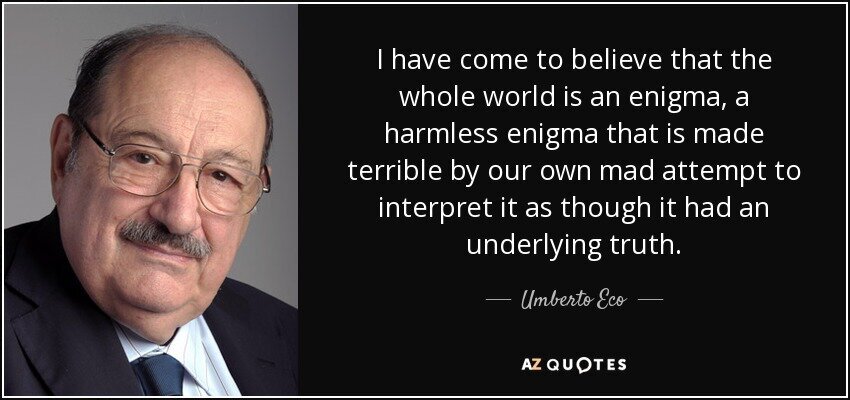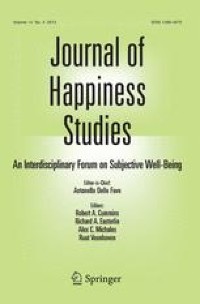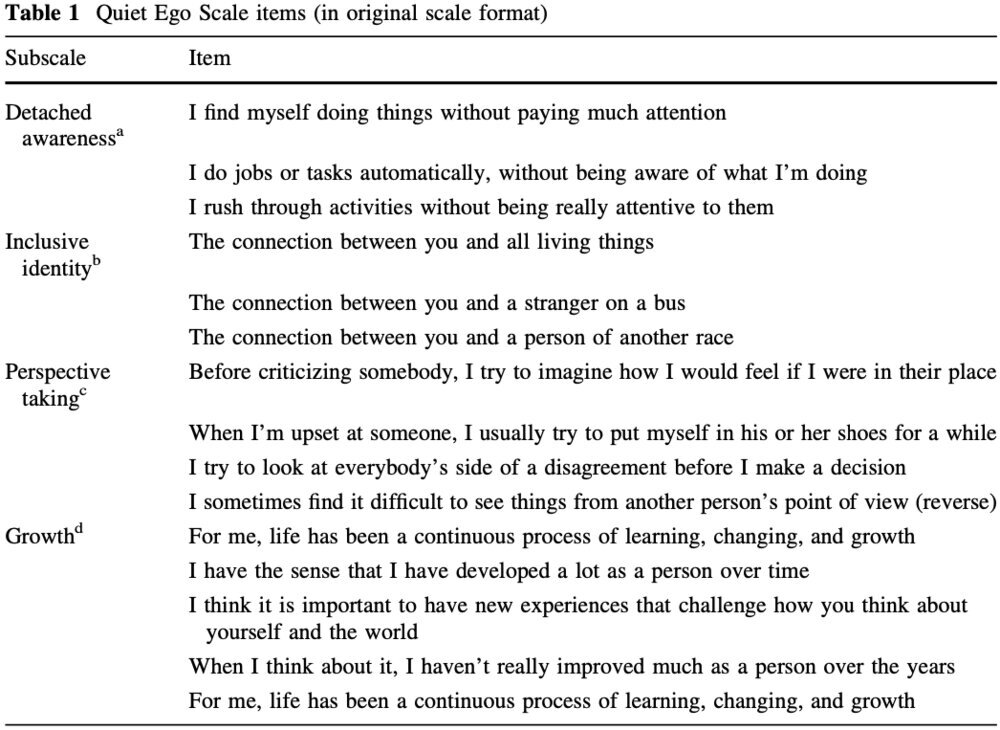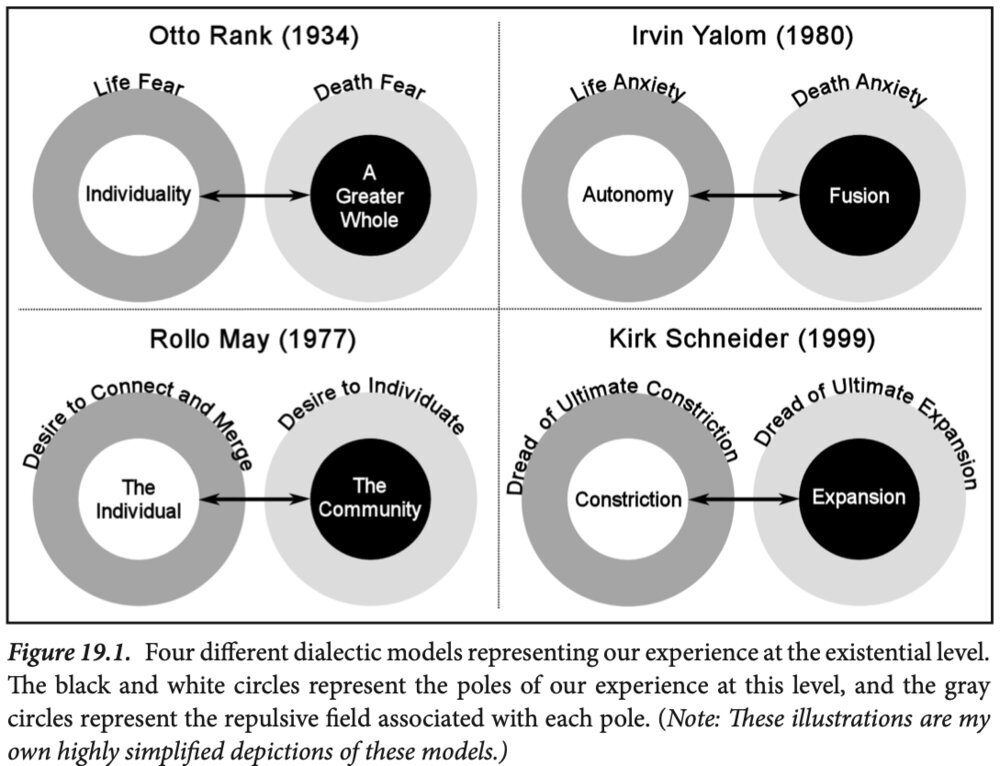Mindfulness and Feelings of Emptiness 

There are many psychological disorders in which the feeling of emptiness generally presents itself as a transitory symptom (e.g., eating disorders,obsessive compulsive disorders, PTSD, schizophrenia) or as a rather stable phenomenological condition (personality disorders). Describing all these disorders is beyond the scope of this chapter, so we will limit the following discussion to pathologies where the feeling of emptiness often appears to be a central and recurrent experience of the pathology...













